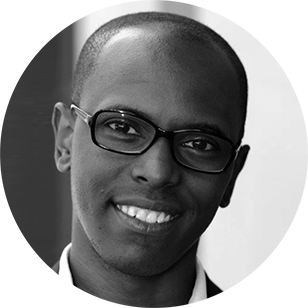The struggles of being a black baseball fan
I've been a baseball fan all my life. But MLB's embarrassing diversity problem might change that.
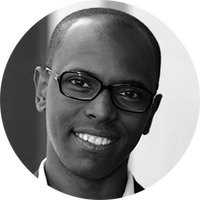
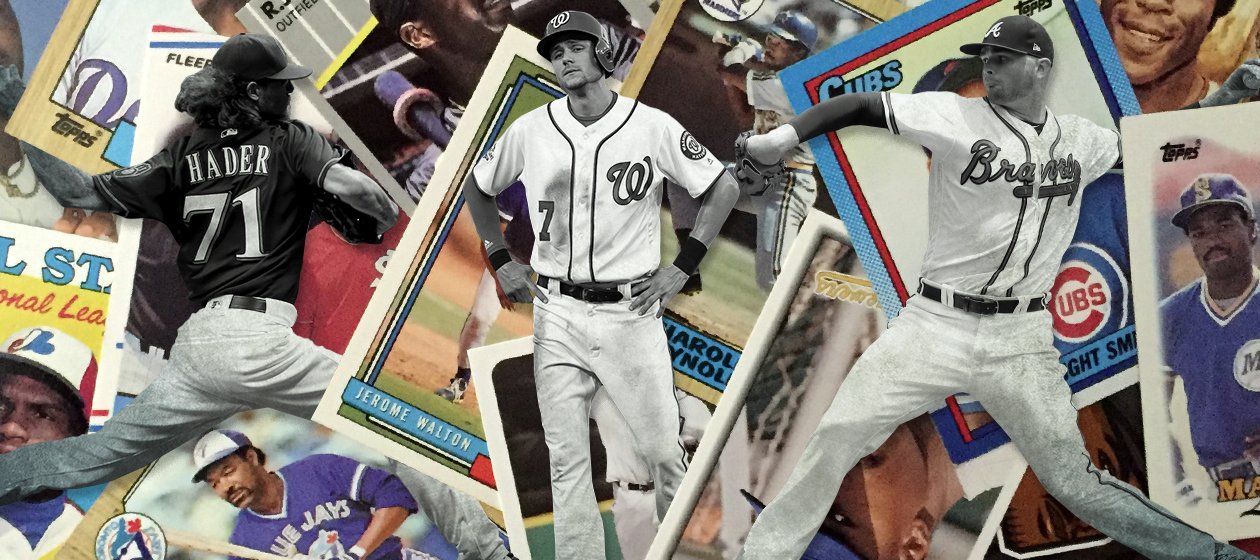
A free daily email with the biggest news stories of the day – and the best features from TheWeek.com
You are now subscribed
Your newsletter sign-up was successful
I used to play pick-up baseball in a schoolyard in the Bronx every summer. The field was concrete, the bases were drawn in chalk, and the weather was punishingly humid. I usually played shortstop, but when it came time to step to the plate, I modeled my switch-hitting batting stance after slugging outfielders: Juan Gonzalez from the right and Barry Bonds from the left. After playing, I'd walk to my grandmother's house across the street for a snack and turn to a game on television.
Back then, I lived and breathed baseball. I still do. But it's rare these days for black boys and girls to say the same — and I can't say I blame them. The truth is, Major League Baseball hasn't made itself welcoming to many people lately.
Baseball has had its ups and downs for decades. America's pastime seems painfully slow compared to football, basketball, hockey, and soccer. But this isn't a problem of one sport being more enjoyable than the other — it's a cultural problem. MLB's powers that be are turning the sport of the everyman into the sport of the country club. Baltimore Orioles outfielder Adam Jones said in 2016 that "baseball is a white man's sport," but it's more than that: Baseball is a white man's sport that wants to maintain its racial hierarchy at all costs, even if that means shutting out new fans.
The Week
Escape your echo chamber. Get the facts behind the news, plus analysis from multiple perspectives.

Sign up for The Week's Free Newsletters
From our morning news briefing to a weekly Good News Newsletter, get the best of The Week delivered directly to your inbox.
From our morning news briefing to a weekly Good News Newsletter, get the best of The Week delivered directly to your inbox.
Consider this year's All-Star Game, supposedly a showcase of the league's best talent. Instead it saw the resurfacing of old racist and homophobic tweets from Milwaukee Brewers pitcher Josh Hader, followed by similar messages from Washington Nationals shortstop Trea Turner and Atlanta Braves pitcher Sean Newcomb. Apologies were made, and MLB issued official statements declaring that Hader and Newcomb would undergo sensitivity training. The Nationals simply stated that Turner's missives "in no way reflect the values of our club."
One should expect more from the league. Maybe have Hader, Turner, and Newcomb do a public service announcement about derogatory words, racism, and homophobia, or perform a more lasting service to the community they'd disparaged. The glib instruction to undergo "sensitivity training," rather than make any sustained effort toward education and change, is just insulting. It makes me question why I'm still tuning in to MLB Network every night, and why I'm so invested in something that refuses to love me back.
It makes me question how much longer I'll make baseball a part of my life.
Most of baseball's diversity comes not from black players but from the Hispanic population. But even these marquee players are hardly valued. If they don't properly assimilate to the liking of the white power structure, they're criticized by white broadcasters, white sportswriters, and white teammates. During the World Baseball Classic last year, U.S. second baseman and Red Sox player Ian Kinsler told The New York Times that he hoped children were paying attention to the way his squad played compared to the Puerto Rican and Dominican teams because "that just wasn't the way we were raised. They were raised differently, and to show emotion and passion when you play. We do show emotion; we do show passion. But we just do it in a different way."
A free daily email with the biggest news stories of the day – and the best features from TheWeek.com
Around the same time, Philadelphia Phillies legend and broadcaster Mike Schmidt said that it would be impossible to build a team around the Phillies' Venezuelan outfielder Odubel Herrera because of the language barrier and the way he displays emotion on the field. "I think he can't be a guy that would ... sit in a circle with four, five American players and talk about the game, or try and learn about the game, or discuss the inner workings of the game," Schmidt told local Philadelphia radio station WIP. "Just can't be — because of the language barrier — that kind of player."
Apparently, only English-speaking players can lead polyglot teams.
Every other week brings a new benches-clearing kerfuffle because a player had the audacity to enjoy hitting a home run or outwardly display a feeling. Los Angeles Dodgers outfielder Yasiel Puig got into a fight because white baseball player Nick Hundley, of the San Francisco Giants, objected to the way Puig expressed anger ... at himself. This isn't out of the ordinary: Per a 2015 study by USA Today, of the 67 bench-clearing incidents over the previous five seasons, 87 percent of them involved players of different ethnicities. More than half of those incidents pitted American-born white players against foreign-born Latino players, while several more involved conflict between American-born white players and American-born Latinos.
That's what baseball does to its best, most diverse talent. Imagine how beloved but overtly emotional players in other leagues — think the NFL's Odell Beckham Jr. or the NBA's Draymond Green — would fare within MLB's stringent confines.
Meanwhile, the Institute for Diversity and Ethics in Sport found that 42.5 percent of all players on rosters on Opening Day 2017 were people of color — an all-time high for player diversity. But there was one glaring asterisk: The number of African-American players was at an all-time low of just 7.7 percent.
The Society for American Baseball Research found that the black participation in Major League Baseball hit its peak back in 1981, with 18.7 percent. Black participation then fluctuated between 16 and 18 percent until 1997 — when it dropped to 15 percent, and decreased every year until 2008. Black baseball players haven't made up at least 10 percent of the league since 2004. That means that if you're a black baseball fan, it's fairly rare that you see someone who looks like you on a Major League Baseball field.
Black viewers have responded in kind. Per Nielsen ratings released in 2017, the average viewer for a baseball telecast was a 53-year-old white man. Per a 2014 Nielsen report, African-Americans comprised just 9 percent of MLB viewers. Meanwhile, the NBA's TV-viewing audience is 45 percent black.
MLB could make rectifying this a priority in a variety of ways. They could establish more academies near black and brown neighborhoods, or they could work with local Little Leagues to encourage minorities' participation. They could aggressively market their best non-white talent. But that takes time and money, and as retired outfielder Torii Hunter once said, albeit indelicately: "We have a theory that baseball ... had to get some kind of dark faces, so they go to the Dominican [Republic] or Venezuela because you can get them cheaper. It's like, 'Why should I get this kid from the South Side of Chicago and ... pay him $5 million, when you can get a Dominican guy for a bag of chips?'"
If you're not going to invest in black people, why should they invest in you?
Baseball the sport is still great. The amount of young talent in the game right now should keep it healthy for awhile. But baseball the culture has some work to do if it wants to not only attract new fans, but maintain the ones it already has. I've loved baseball since I was a kid, and constantly hearing about its alleged demise hurts. But sometimes I wonder whether it's time to wash my hands of this insular sport for good.
Major League Baseball has no one to blame but itself for this moment. Just like in the United States as a whole, the league is dominated by a white male hierarchy and orthodoxy that grew accustomed to not being challenged. It is a collection of powerful people who would rather bring about their own ruin than adapt or welcome new voices.
Their loss.
Stephon Johnson is a staff writer for the New York Amsterdam News and a contributing writer for The Sports Fan Journal. He's also written for The Athletic, The Hardball Times, Polygon, The Classical, and The Cauldron at Sports Illustrated.
-
 Local elections 2026: where are they and who is expected to win?
Local elections 2026: where are they and who is expected to win?The Explainer Labour is braced for heavy losses and U-turn on postponing some council elections hasn’t helped the party’s prospects
-
 6 of the world’s most accessible destinations
6 of the world’s most accessible destinationsThe Week Recommends Experience all of Berlin, Singapore and Sydney
-
 How the FCC’s ‘equal time’ rule works
How the FCC’s ‘equal time’ rule worksIn the Spotlight The law is at the heart of the Colbert-CBS conflict
-
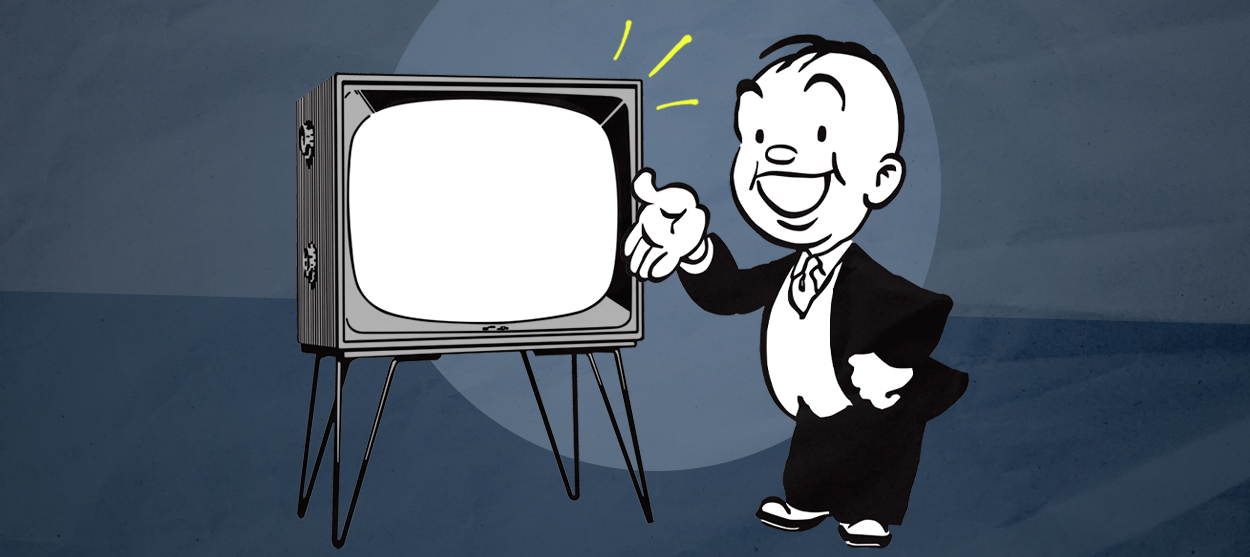 The hottest Super Bowl ad trend? Not running an ad.
The hottest Super Bowl ad trend? Not running an ad.The Explainer The big game will showcase a variety of savvy — or cynical? — pandemic PR strategies
-
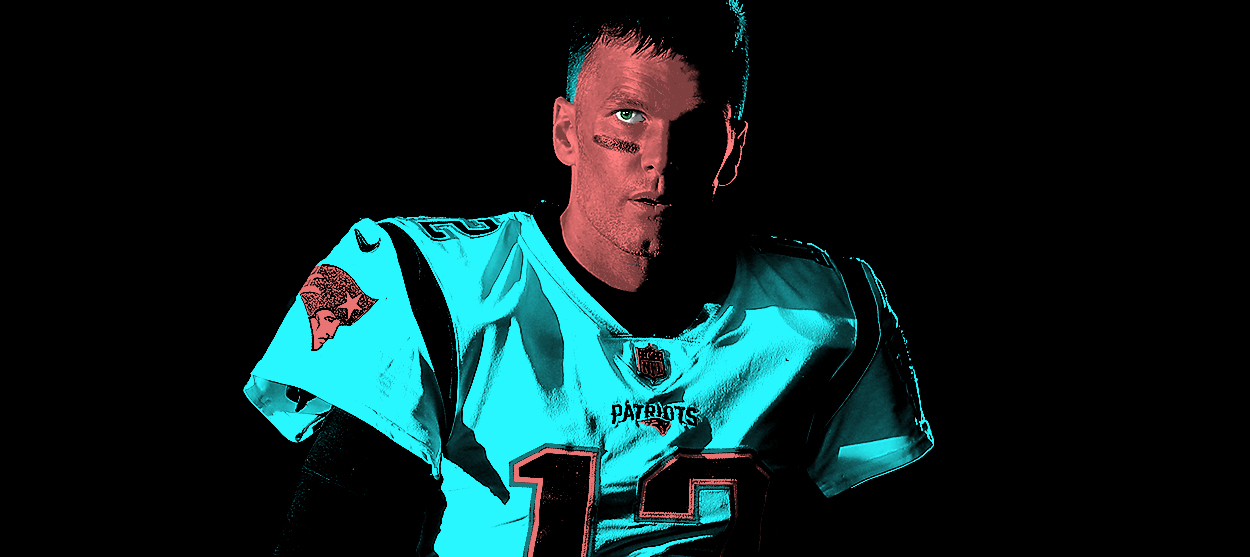 Tom Brady bet on himself. So did Bill Belichick.
Tom Brady bet on himself. So did Bill Belichick.The Explainer How to make sense of the Boston massacre
-
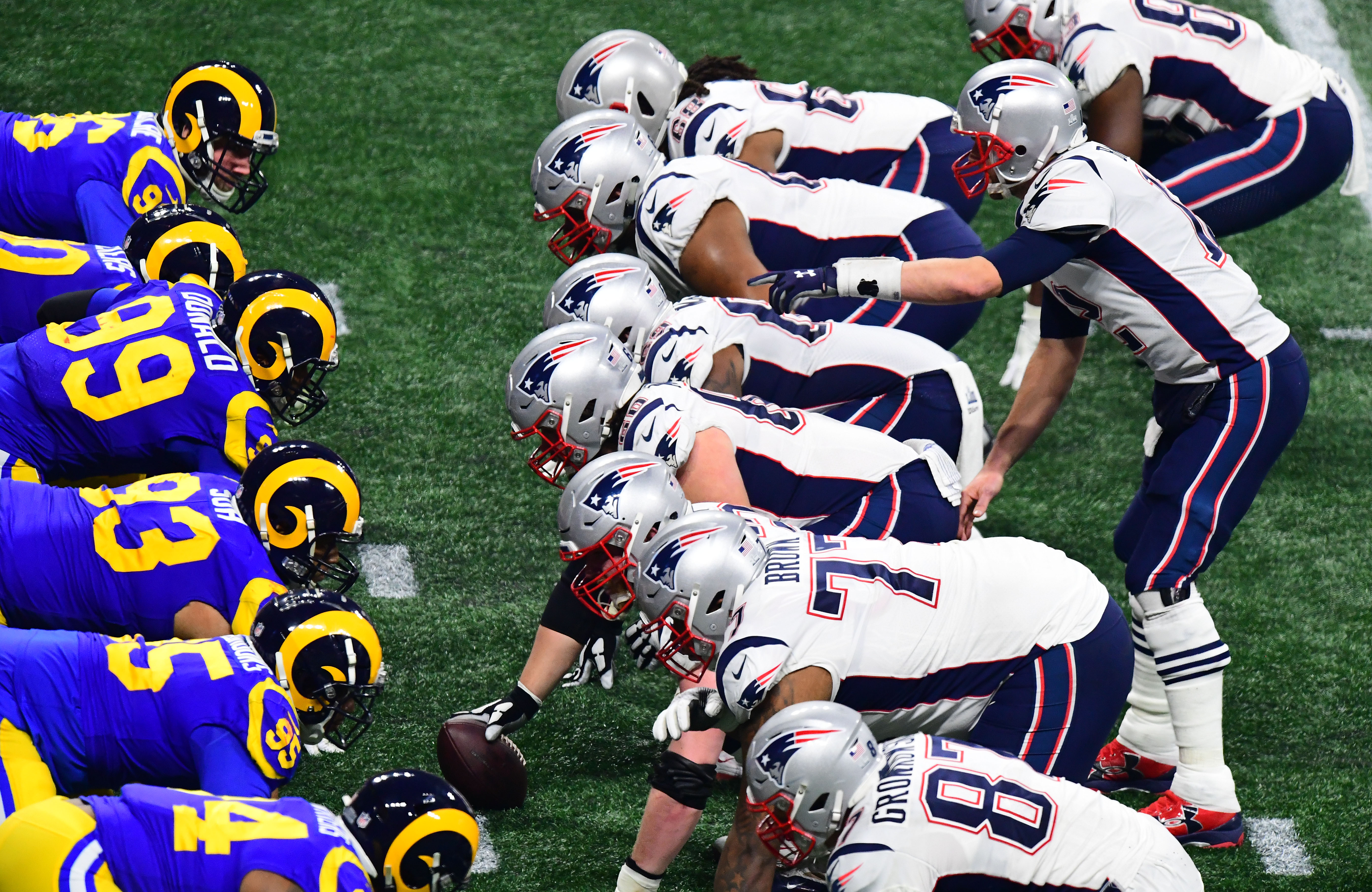 The 13 most exciting moments of Super Bowl LIII
The 13 most exciting moments of Super Bowl LIIIThe Explainer Most boring Super Bowl ... ever?
-
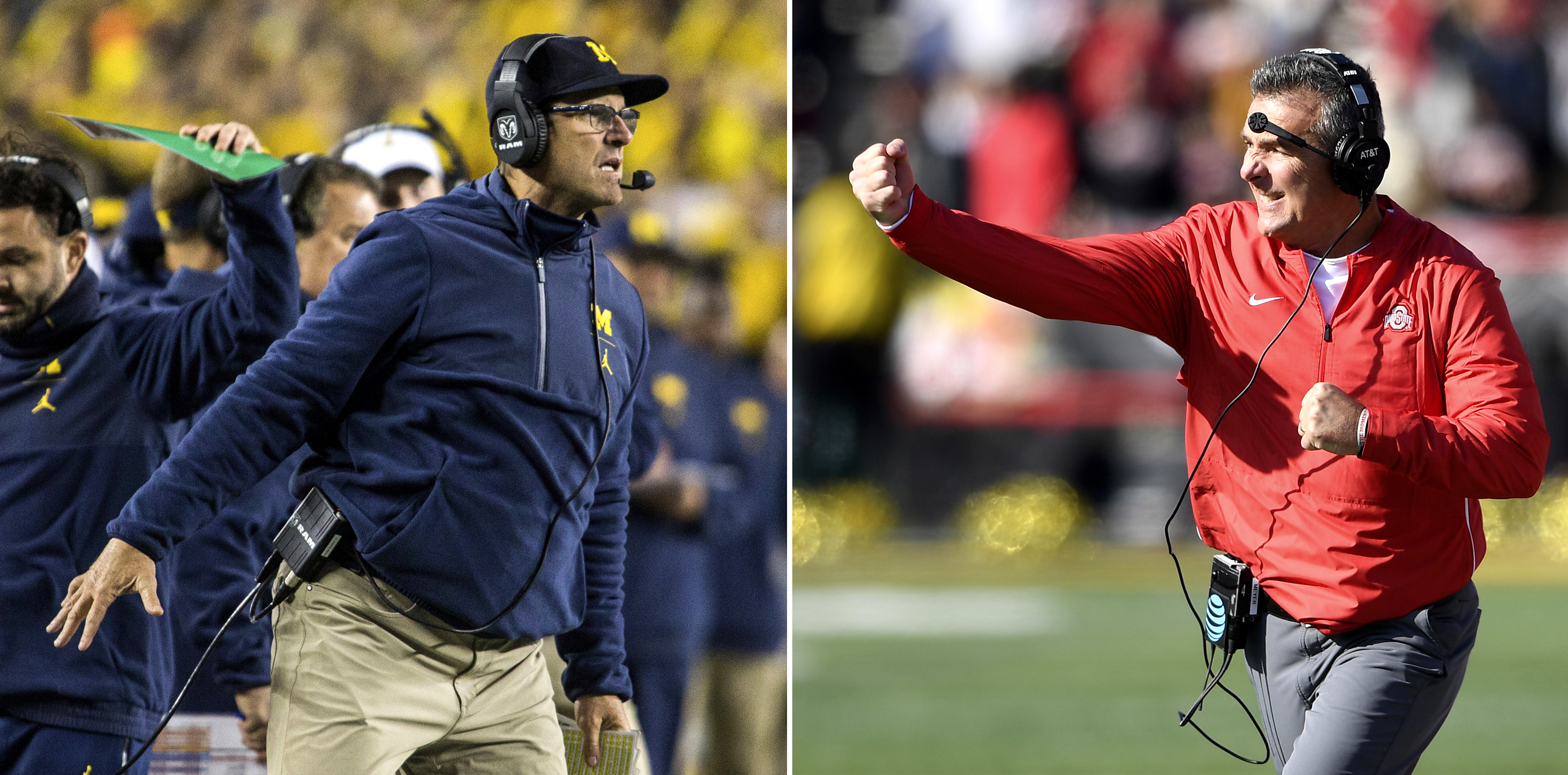 The enduring appeal of Michigan vs. Ohio State
The enduring appeal of Michigan vs. Ohio StateThe Explainer I and millions of other people in these two cold post-industrial states would not miss The Game for anything this side of heaven
-
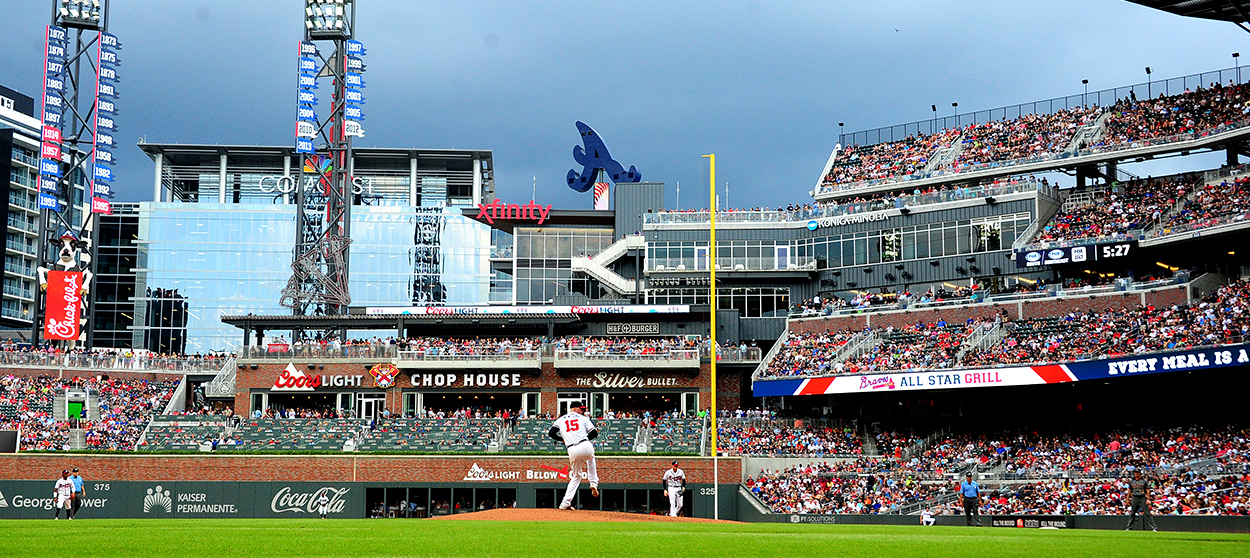 When sports teams fleece taxpayers
When sports teams fleece taxpayersThe Explainer Do taxpayers benefit from spending billions to subsidize sports stadiums? The data suggests otherwise.
-
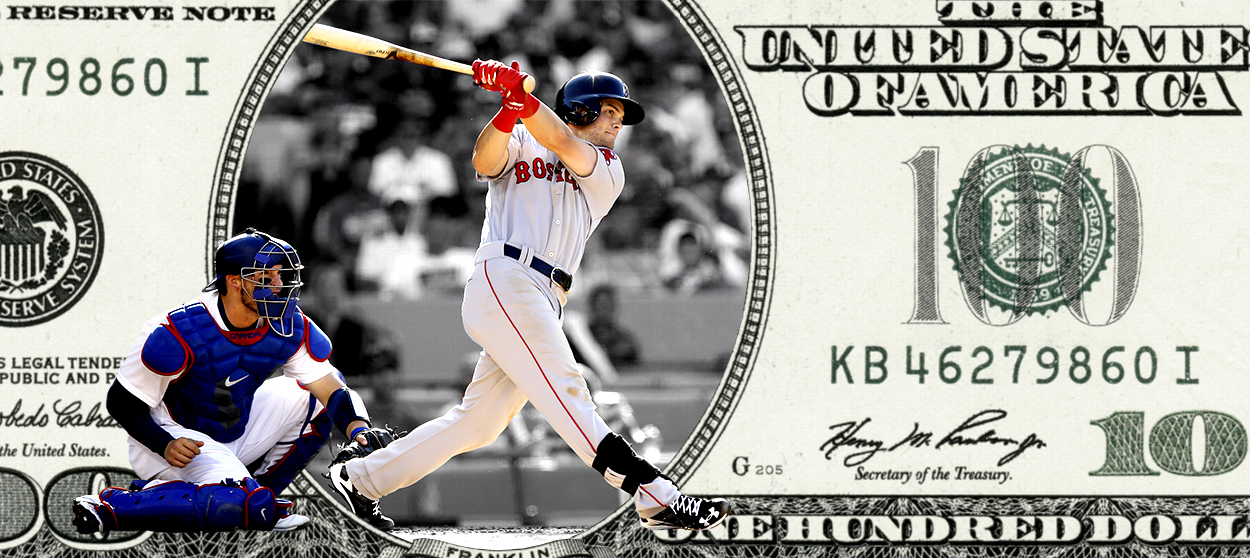 The 2018 World Series is bad for baseball
The 2018 World Series is bad for baseballThe Explainer Boston and L.A.? This stinks.
-
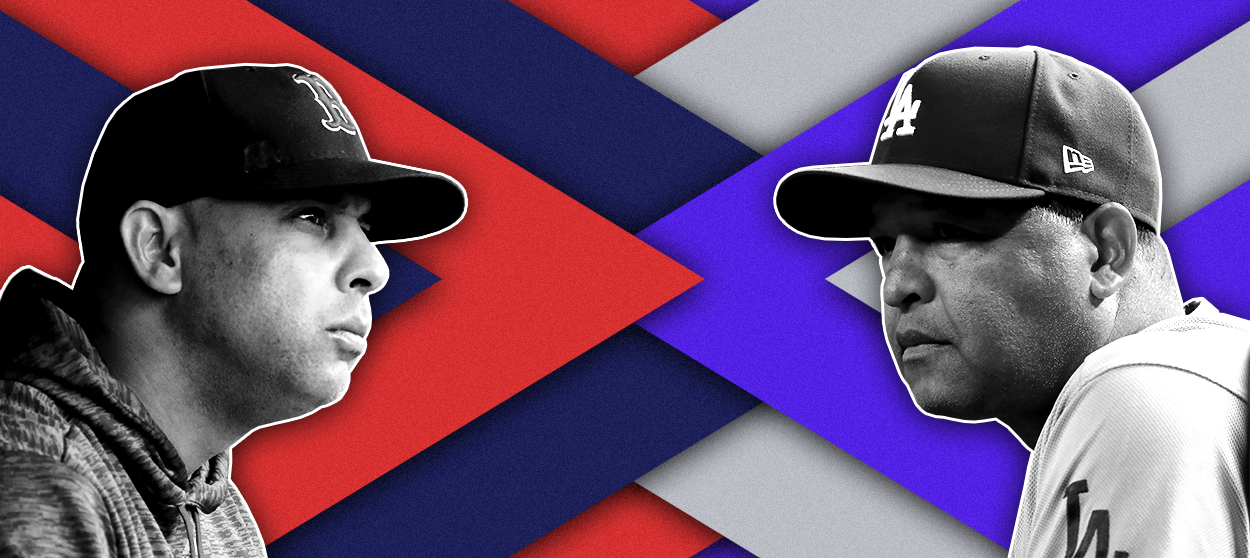 This World Series is all about the managers
This World Series is all about the managersThe Explainer Baseball's top minds face off
-
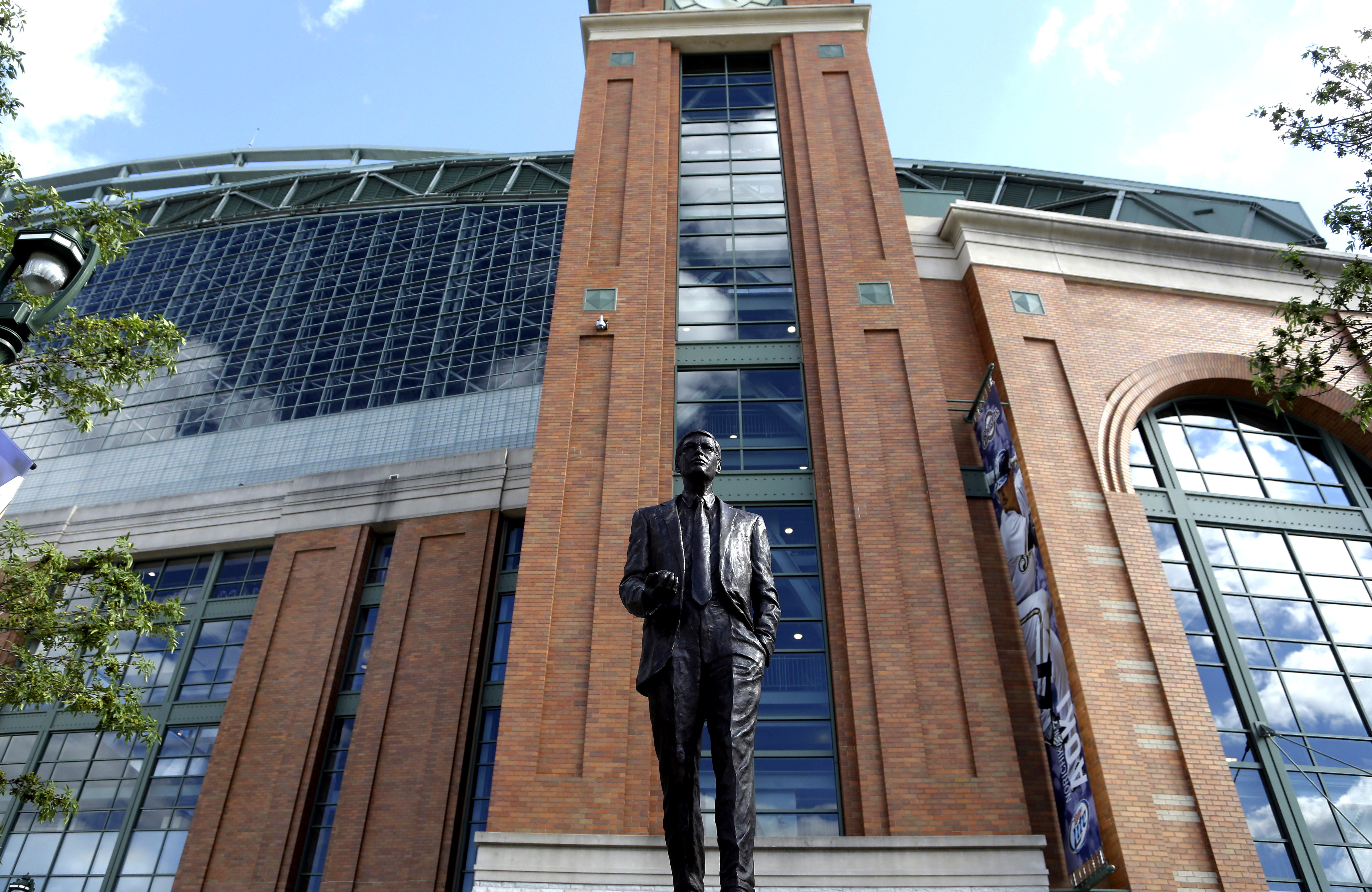 Behold, the Bud Selig experience
Behold, the Bud Selig experienceThe Explainer I visited "The Selig Experience" and all I got was this stupid 3D Bud Selig hologram
